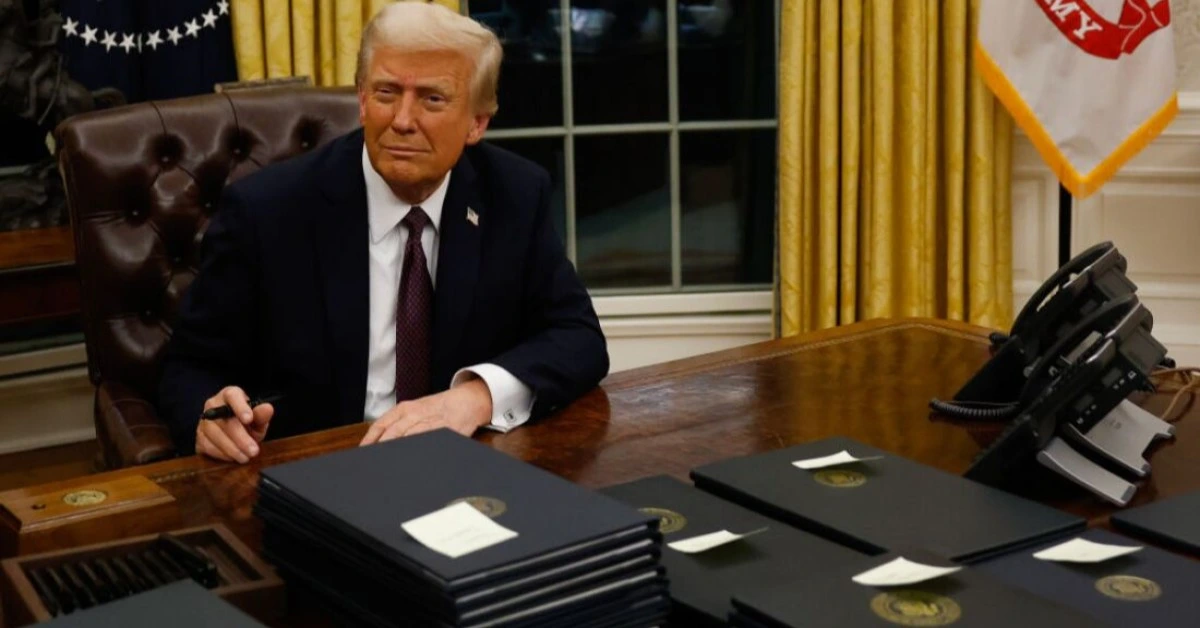
USA – The Trump administration is moving forward with negotiating prices for 15 drugs selected under the Inflation Reduction Act (IRA), although they are also seeking input on how to improve the program, according to the Centers for Medicare and Medicaid Services (CMS).
This announcement comes amid some confusion about the administration’s stance on drug pricing. Earlier, on Inauguration Day, President Donald Trump signed an executive order that reversed a Biden administration plan to explore ways of lowering prescription drug costs within Medicare.
While some aspects of this initiative appear to continue, the executive order has raised uncertainty about the administration’s broader approach.
“Lowering the cost of prescription drugs for Americans is a top priority of President Trump and his administration,” CMS stated on Wednesday.
The agency is committed to learning from the current program and exploring ways to bring more transparency into the process.
The issue of drug pricing has been a source of tension between the pharmaceutical industry and the federal government, leading to legal challenges.
Pharmaceutical companies argue that the negotiation process amounts to price-setting, which they oppose.
Drug price negotiations targets 15 medications
This new cycle of negotiations, which started earlier this month, will involve 15 new medications, including Novo Nordisk’s popular drugs for obesity and diabetes.
Price reductions for these drugs are expected to take effect in 2027, a year after the first batch of 10 medications is targeted for price cuts.
CMS also mentioned that President Trump plans to issue an executive order supporting drug price negotiations under the IRA.
Robert F. Kennedy Jr., the nominee for Health and Human Services Secretary, confirmed this during his Senate confirmation hearing. “President Trump was very aggressive during his first term about negotiating… drug prices,” Kennedy noted.
However, as of now, no executive order has been released, and Kennedy did not provide specific details about how the negotiation process might be improved.
One suggestion from the pharmaceutical industry is to address the ‘pill penalty,’ which refers to the shorter eligibility window for small-molecule drugs compared to biologics for price negotiations.
The new group of 15 drugs selected for negotiations has been used by 5.3 million Medicare Part D recipients and cost the government US $41 billion between November 2023 and October 2024.
Despite the administration’s plans, Trump and congressional Republicans have expressed intentions to scale back the Inflation Reduction Act, which grants Medicare the authority to negotiate prices for certain brand-name drugs. Pharma companies are reportedly pushing for a delay in the program.
XRP HEALTHCARE L.L.C | License Number: 2312867.01 | Dubai | © Copyright 2025 | All Rights Reserved